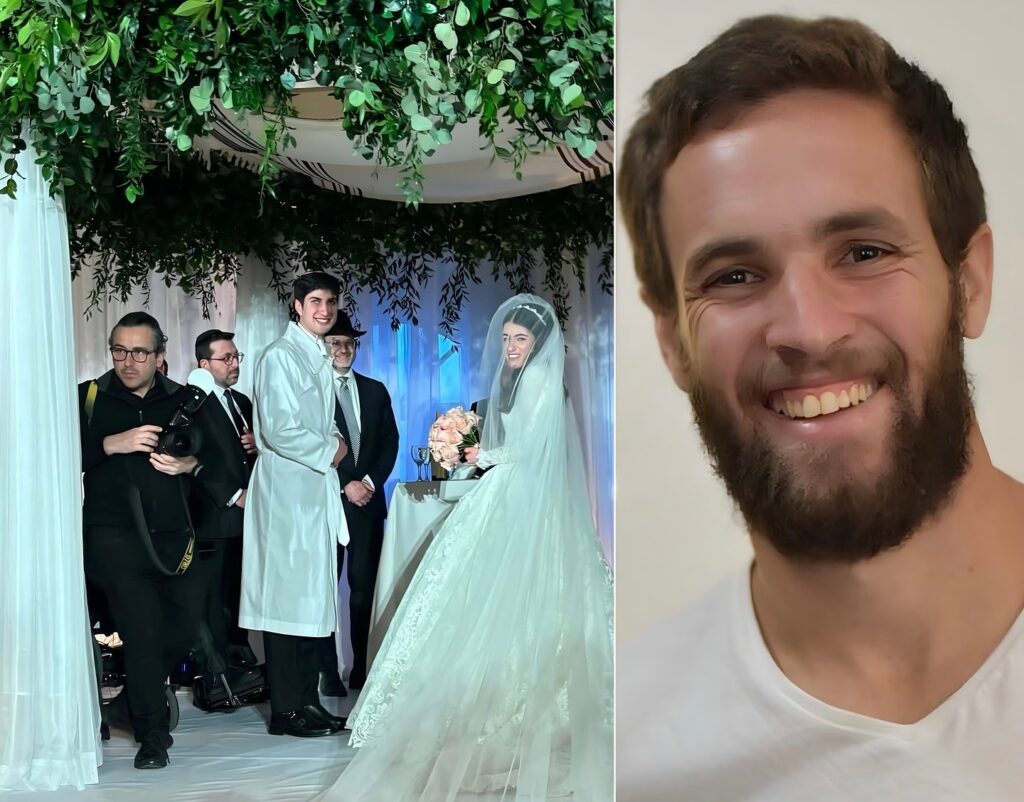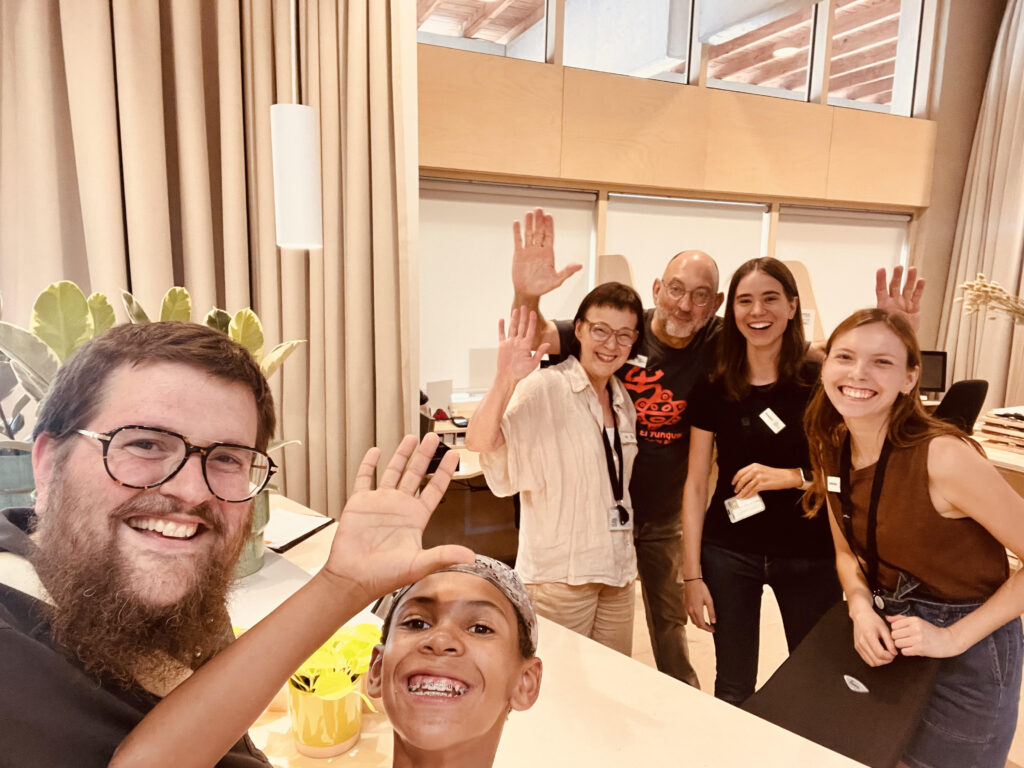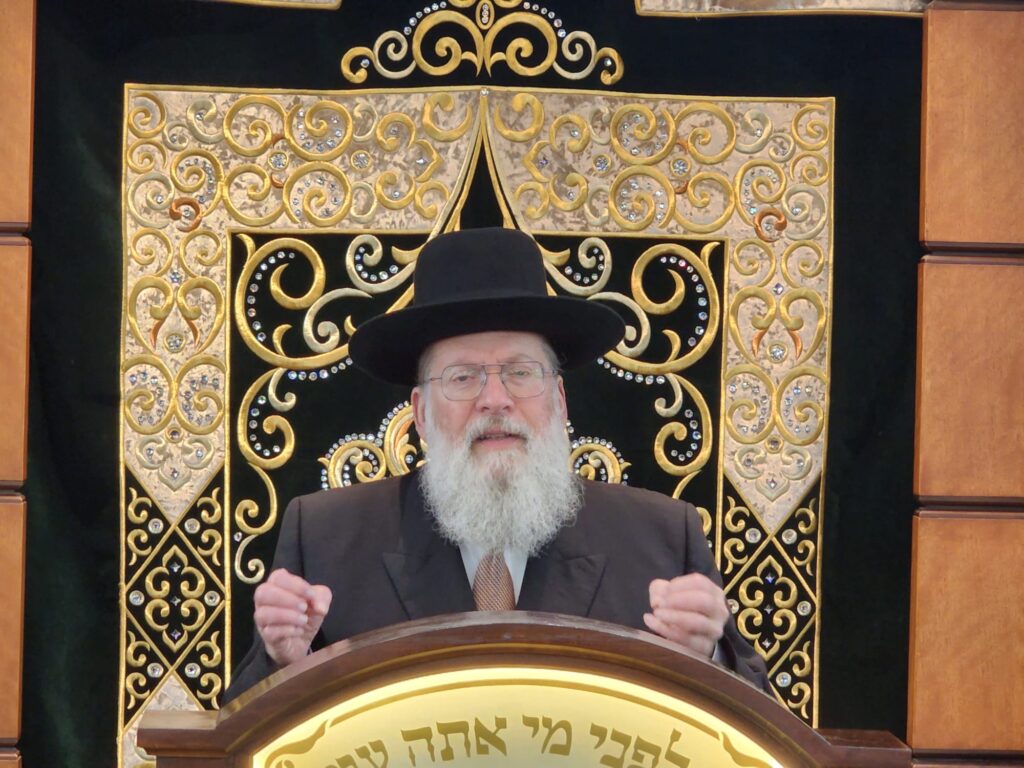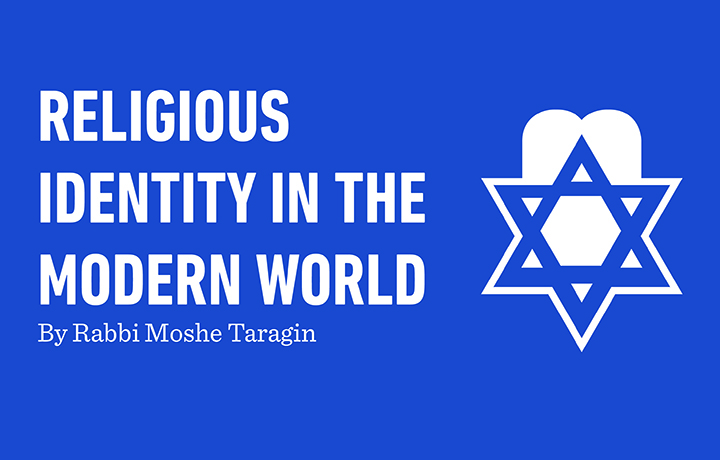Brought Together By A Soul
By Sivan Rahav Meir
When Yisrael Fenigstein speaks about his grandson Ma’oz who fell in Gaza, he says softly: “We don’t know what these holy souls are doing up there.”
As a child, Ma’oz lived in Montreal, Canada, where his parents, Elad and Tzurit, were on shlichut. He attended the Hebrew Academy alongside classmates Binyamin (Benji) Friedman and Eliana Roher, although after those school years they lost touch.
Following Ma’oz’s death, a stunned Eliana turned to the school alumni WhatsApp group with an idea to honor his memory. She began raising funds to print copies of Mesilat Yesharim (Path of the Just) by Rabbi Moshe Chaim Luzzatto (the Ramchal)—a timeless work of ethics and spiritual guidance. The books, she explained, would be donated to their old school and to other institutions, so that as many people as possible could learn in Ma’oz’s merit.
When Benji heard about the project, he reached out to Eliana. He was preparing to travel to Israel on a volunteer mission and asked for a copy of the book to deliver personally to Ma’oz’s family.
Not long ago, Benji and Eliana stood together under the chuppah in Canada. At their wedding, the officiating rabbi, Zali Kleiman, told the guests: “Ma’oz’s soul brought you together. He was your matchmaker. You studied in the same school for twelve years without ever having a real conversation. And yet, here you are—connected because of this Jewish hero, and through your shared love of Torah. This is not only Benji and Eliana’s private story. We are all part of something much greater.”
Today, Benji and Eliana are both 26. She is completing her medical studies, and together they are planning their next chapter: making aliyah.
Words for the New School Year
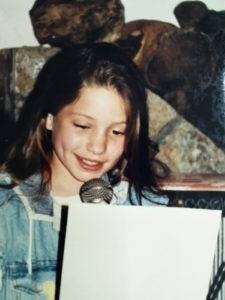
Sivan Rahav Meir, 10 years old
The new school year has arrived. Good luck! Someone asked me what tip I would give the girl I once was. Here’s the advice I would gladly share with every student, parent, and teacher, words from this week’s Torah portion: “You cannot ignore.”
The parashah describes a person who sees someone else’s lost object on the street. He could ignore it, and keep walking without returning it to its owner. But something deep inside won’t let him move on.
The Torah doesn’t say, “It’s not nice to ignore,” nor does it politely request, “Please don’t ignore.” It declares: “You cannot ignore!” In other words, G-d knows you. He knows that deep within, you have a good soul and a desire to help. You simply cannot ignore.
Our commentators explain that these three words apply not only to a lost item but to everything we see around us. It’s a command to live more alert, attentive lives toward our surroundings.
In school, after school hours, and at home too, don’t just say, “Live and let live” or “Leave it, it’s not my business.” At our core, we are kind and caring—and that is how the Torah expects us to behave.
This week, millions of children are stepping into their schools. As you begin this year, remember this verse: “You cannot ignore.” Notice the classmate who is new, the one sitting alone, the friend who needs a smile. Small acts of care can transform the whole year—for them, and for you.
Before You!
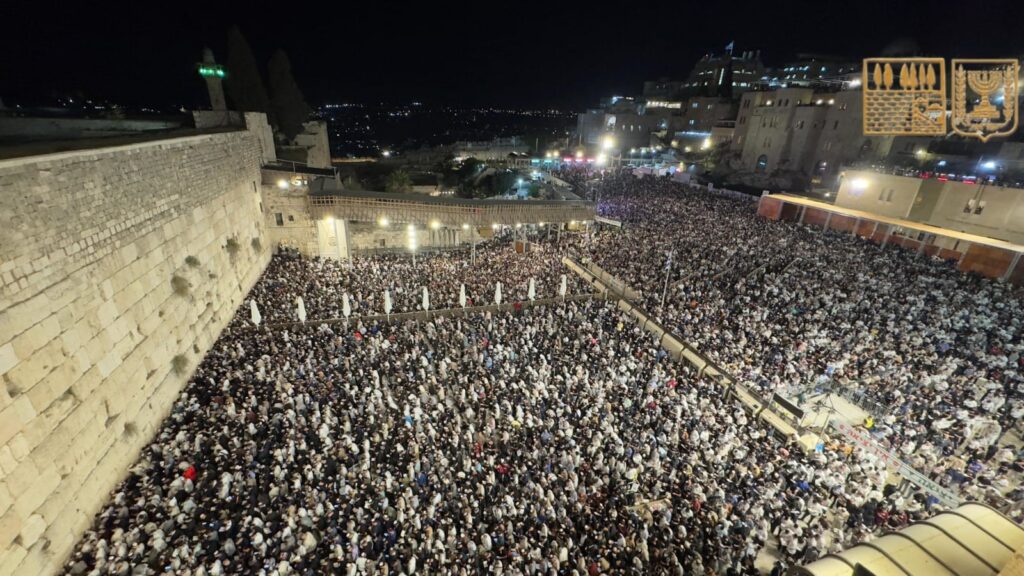
Selichot at the Kotel HaMaaravi
The accompanying photo shows thousands of Jews gathered at the Kotel HaMaaravi for Selichot prayers which, according to Sephardic tradition, are recited from the beginning of Elul until Yom Kippur. (Ashkenazimbegin Selichot on the Saturday night prior to Rosh Hashanah.)
Rabbi Joseph Dov Soloveitchik said that in reciting Selichot these words stand out: “We have sinned before You.” Yes, we have sinned, but we are before You—opposite You, with You. G-d is with us even after we have sinned, even after we have made mistakes. He waits for us, listens, and forgives.
This is a process that includes embarrassment and regret. We do not claim that everything about us is perfect, and it’s clear that we need to improve. But the main idea is that it’s possible to change. In being together with You, we are asking for a fresh start.
Think about a world that lacks the Selichot of Elul, Heaven forbid. And now think about our world, in which the Selichot of Elul are a fixed tradition. Instead of being mired in frustration and sadness, we can channel these emotions into soul-searching, prayer, self-improvement, and teshuvah.
The month of Elul is dedicated to mercy and forgiveness and to improving our ways. In a previous column here and in my WhatsApp group, I suggested that over the next 40 days, between now and Yom Kippur, people decide upon a positive action they would like to embrace, and I received so many moving answers!
I noticed that people’s resolutions can be divided into two categories. Some decided to tackle lofty, far-reaching goals, such as, honoring parents, not yelling at the kids, praying with deeper intent, and curtailing social media.
Others chose goals that were more focused and specific, such as reciting three chapters of Tehillim each day, phoning their grandmother every Friday before Shabbat, or erasing extraneous apps from their cell phone.
It’s wonderful to have dreams and aspirations, but in order to fulfill them it is preferable to decide on one specific goal, one small act whose success is measurable and that we are able to sustain over time.
In order to achieve great dreams, we must begin with small steps, with practical ideas. I urge you to take advantage of this special period dedicated to repentance and improvement by taking upon yourself one small change that you are able to actualize immediately, beginning today. n
Translated by Yehoshua Siskin and Janine Muller Sherr
Read more by Sivan Rahav Meir at SivanRahavMeir.com.





